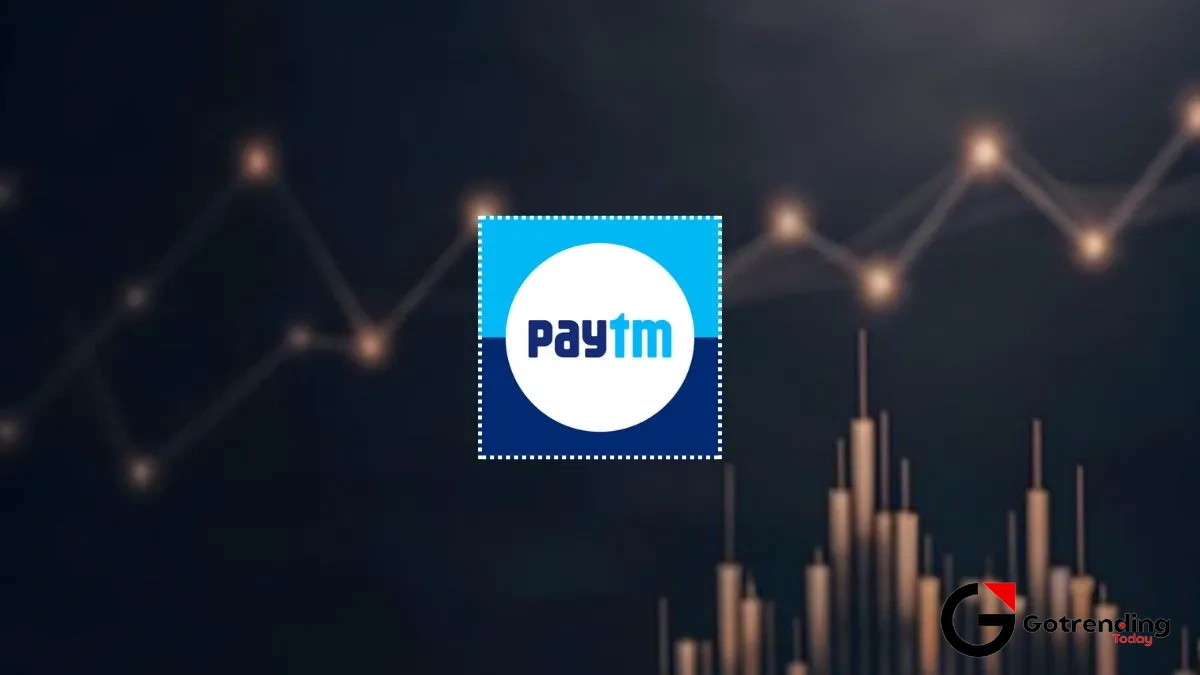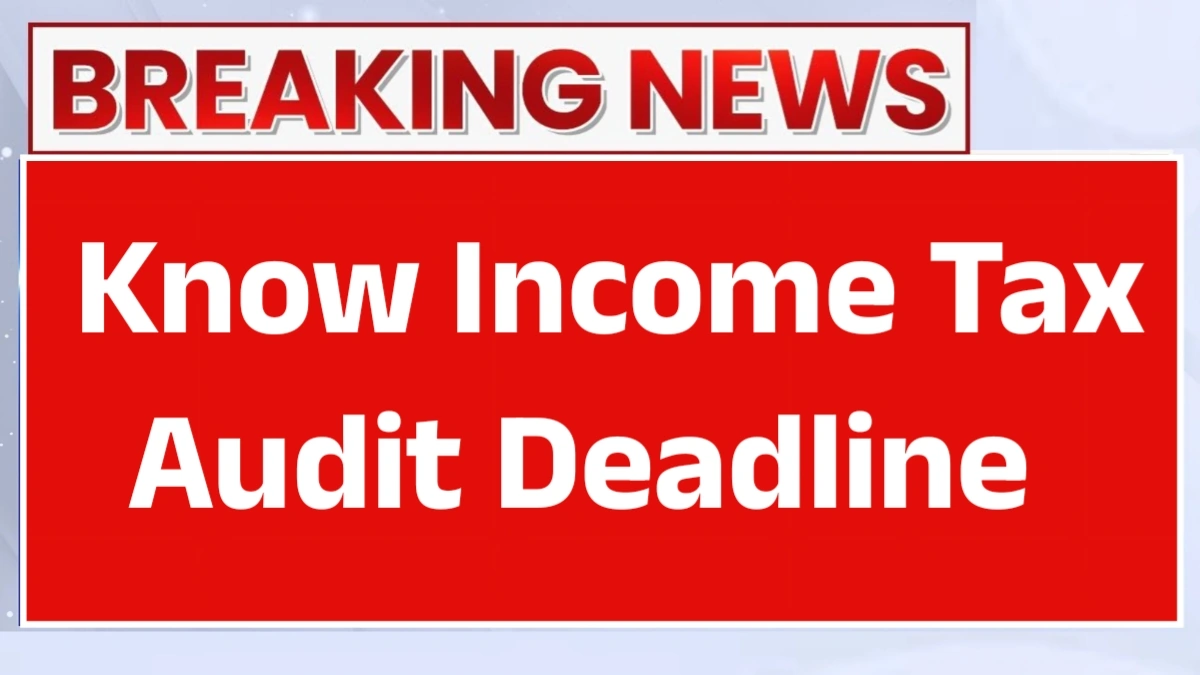Paytm Share Price | The ₹2150 Dream and the Brutal ₹350 Reality. What on Earth Happened?
Let’s grab a virtual coffee and talk about something that’s been on everyone’s mind: Paytm. Remember the hype? Not too long ago, seeing that blue and white QR code at a local kirana store felt like looking at the future. It was the symbol of a new, digital India. And its IPO? It was meant to be the crowning glory, the moment retail investors like you and me could own a piece of that dream.
Then, the dream soured. Fast.
The paytm share price , which listed with so much fanfare at ₹2150, went into a tailspin that felt less like a market correction and more like a plane falling out of the sky. It hit lows that would have seemed impossible just a year ago. For millions of investors, watching the ticker every morning became an exercise in pain. So, what happened? This isn’t just a story about a stock. It’s a story about ambition, regulation, and what happens when an unstoppable force meets an immovable object. And the immovable object, in this case, was the Reserve Bank of India.
The IPO Dream That Became a Retail Nightmare
Let’s be honest, the initial public offering (IPO) of One97 Communications, Paytm’s parent company, was iconic. It was the largest in India’s history at the time. Financial influencers were buzzing, your friends were talking about it, and it seemed like a surefire bet on India’s digital payment revolution. Owning a piece of Paytm felt like owning a slice of the future.
But from day one, something was off. The stock never really soared. It stumbled. And while early investors held on, hoping for a turnaround, the real catastrophe was yet to come. The slow bleed turned into a gushing wound.
This is where the story gets personal for so many. It’s the story of the first-time investor who put their savings in, believing in the India growth story. It’s the story of the tech-savvy professional who saw Paytm as the Indian equivalent of a Silicon Valley giant. The emotional toll of watching your hard-earned money evaporate is something no stock chart can truly capture.
It was a brutal lesson: a popular brand does not always equal a profitable, well-governed company. And the market, eventually, always finds out.
So, What Actually Happened? The RBI’s Hammer Comes Down

The final nail in the coffin, the event that sent the one97 communications share price plummeting into the abyss, was a bombshell announcement from the Reserve Bank of India (RBI) on January 31, 2024. This wasn’t just a slap on the wrist. It was a shutdown order.
The RBI directed Paytm Payments Bank Ltd (PPBL) to stop almost all of its banking services accepting deposits, credit transactions, wallet top-ups, you name it. Why? The RBI’s press release used language that is frankly terrifying in the banking world:“persistent non-compliances and continued material supervisory concerns”.
Let me translate that from jargon to plain English.
This wasn’t about a single mistake. “Persistent non-compliances” means Paytm Payments Bank was allegedly breaking rules repeatedly, even after being warned. “Material supervisory concerns” suggests the issues were serious, potentially related to how customers were onboarded (KYC norms), how data was managed between different Paytm entities, and the overall operational integrity of the bank. It pointed to deep, systemic problems that the regulator just couldn’t ignore anymore.
This is the crucial part of the story. The RBI action on paytm wasn’t sudden. It was the culmination of years of warnings and audits. For a financial entity, trust is everything. And the RBI, the ultimate guardian of that trust in our financial system, essentially declared that it had lost faith in PPBL’s ability to operate responsibly. This is a stark reminder of why the RBI matters so much in our day-to-day financial lives.
Beyond the Bank | Is the Core Paytm App Still Safe?

Amid the panic, a critical question emerged: “Should I delete the Paytm app? Is my money safe?”
This is where we need to separate two things that, for most of us, seemed like one and the same:
- Paytm (the app): The app on your phone, run by One97 Communications, that you use for UPI payments, mobile recharges, and booking movie tickets.
- Paytm Payments Bank Ltd (PPBL): The banking entity that operated your Paytm wallet and FASTag, and offered savings accounts. One97 Communications held a 49% stake in this bank.
The RBI’s action was on the bank (PPBL), not the app. The core Paytm app, for its UPI services which are linked directly to other bank accounts (like HDFC, ICICI, SBI), continued to function. The company has since partnered with other banks like Axis Bank, HDFC Bank, SBI, and Yes Bank to replace the backend services that PPBL used to provide.
So, is the app safe? Yes, for UPI and other services routed through different banks, it is. But the paytm payments bank crisis has dealt a massive blow to the brand’s most valuable asset: user trust. Convincing millions of users and merchants that “everything is fine” when your banking arm has been effectively shuttered is a monumental task.
The Million-Dollar (or ₹350) Question | Is There a Path to Recovery?
This is the question that haunts every investor who’s holding the bag. Can the paytm share price nse ever recover to its former glory? Let’s look at the facts, not just hope.
The Bear Case (The Bad News):
- Brand Damage: The trust is broken. Merchants and users who shifted to competitors like PhonePe or Google Pay might not come back easily.
- Financial Impact: Losing the payments bank isn’t trivial. It was a core part of their ecosystem for wallets and FASTags, a low-cost way to acquire and retain customers. This will hit their revenue and profitability.
- Regulatory Scrutiny: Paytm will be under a microscope for the foreseeable future. This stifles innovation and agility.
The Bull Case (The Glimmer of Hope):
- Strong Core Business: Paytm is still a huge player in UPI, soundbox devices, and ticketing. Its core platform is vast.
- Third-Party Model: They are pivoting to a pure distributor model, partnering with other banks for financial products like loans and credit cards. If executed well, this could be a more asset-light and compliant business.
- Valuation: After the crash, some analysts argue the stock is now more reasonably priced, factoring in all the bad news.
The future of paytm shares hinges on one thing: execution. Can the management, humbled by this crisis, successfully pivot the business and, more importantly, rebuild trust with users, merchants, and the regulator? It’s a long, uphill battle. The stock’s performance will likely be tied to the broader market sentiment as well, where indicators like the Bank Nifty often signal the risk appetite of investors.
Frequently Asked Questions About Paytm’s Stock Saga
Why did the Paytm share price fall so much?
The primary reason was the RBI’s severe action against Paytm Payments Bank, ordering it to cease most operations due to “persistent non-compliances.” This destroyed investor confidence and raised serious questions about the company’s governance and future profitability.
Is my money in the Paytm wallet safe?
While you can no longer add money to a Paytm Payments Bank wallet, you can still use your existing balance. For UPI payments linked to other bank accounts (like SBI, HDFC, etc.) through the Paytm app, your money remains as safe as it is in your bank account.
Will Paytm shut down?
No, Paytm (the app) is not shutting down. The entity that was shut down was Paytm Payments Bank. The main app continues to operate, focusing on its UPI, soundbox, and other services by partnering with different banks.
What is the difference between Paytm and Paytm Payments Bank?
Paytm (owned by One97 Communications) is the technology platform and app you use. Paytm Payments Bank was a separate banking entity (in which One97 had a 49% stake) that provided services like the wallet and FASTag. The RBI’s action was targeted at the bank, not the app platform itself.
Should I buy Paytm shares now that they are cheap?
This is a high-risk decision. While the price is low, the company faces significant challenges in rebuilding trust and its business model. It’s a classic “falling knife” scenario. It’s crucial to do your own research and consult a financial advisor before making any investment, as the path to recovery is uncertain.
Ultimately, the Paytm story is a defining moment for India’s startup ecosystem. It’s a powerful, and painful, reminder that in the world of finance, unlike in software, you can’t just “move fast and break things.” Because sometimes, the things you break like regulatory trust and user faith are impossible to put back together again.













